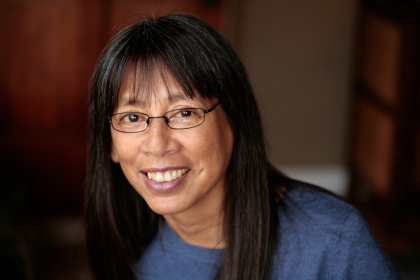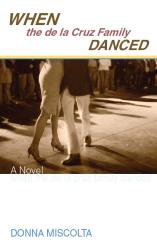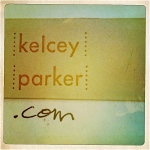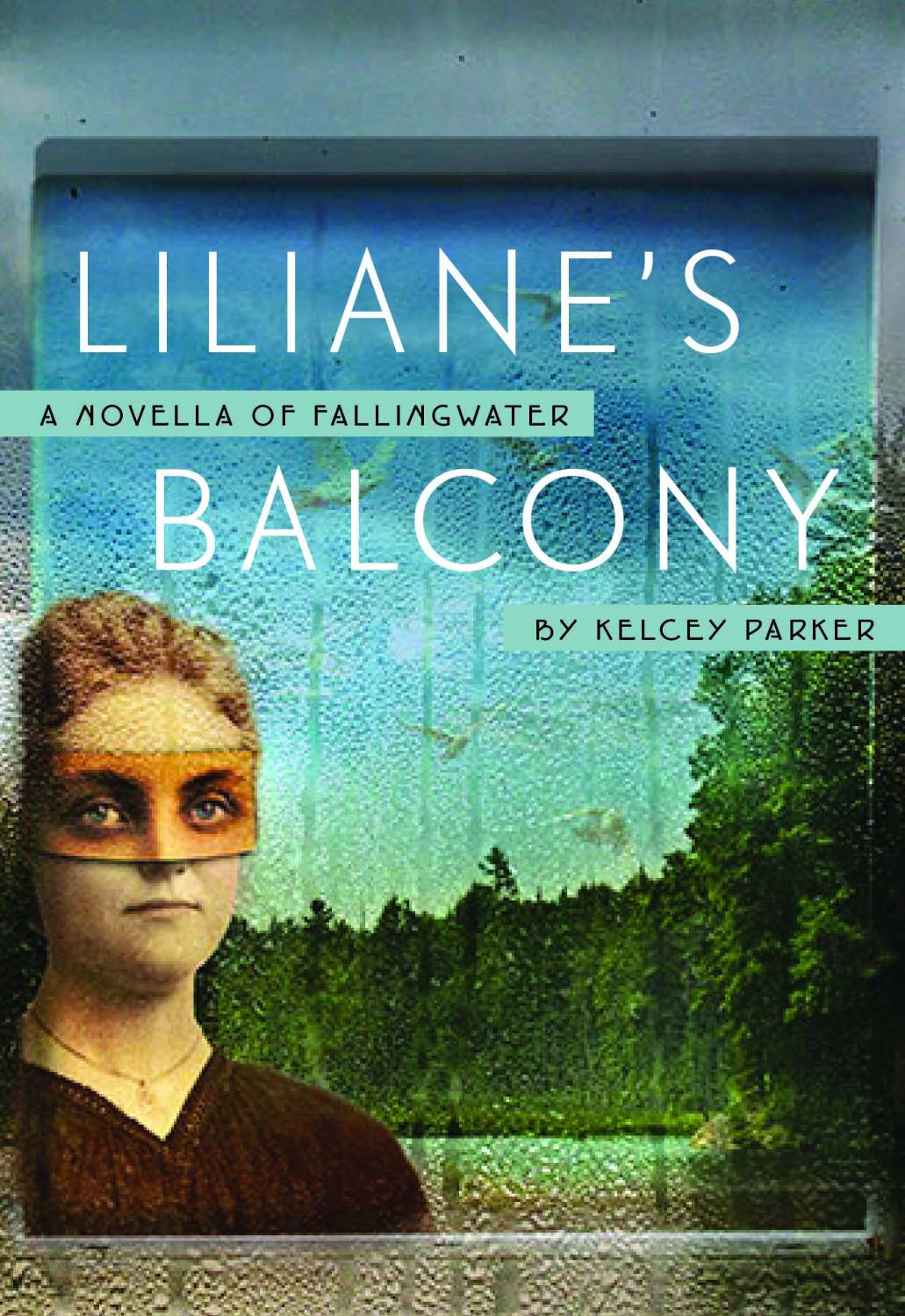Find a community. You’re in this together.
You’re in this alone.
Be patient.
It takes time to arrive at the right word, the story.
The moment of elation.
DONNA MISCOLTA is the author of the novel When the de la Cruz Family Danced (Signal 8 Press, June 2011). Her story collection Natalie Wood’s Fake Puerto Rican Accent was a finalist for the 2010 Grace Paley Prize for Short Fiction. Her work has appeared in America’s Review, Calyx, Cha: An Asian Literary Review, Connecticut Review, Kartika Review, New Millennium Writings, Raven Chronicles, Conversations Across Borders, and others. She has been awarded residencies from Anderson Center, Atlantic Center for the Arts, Hedgebrook, and Virginia Center for the Creative Arts. She has received numerous grants and awards, including the Bread Loaf/Rona Jaffe Scholarship for Fiction.
Web Page: http://donnamiscolta.com
Novel: When the de la Cruz Family Danced
Excerpt of novel at Cha: “A Month in the Tropics”
Short Essay: “Home Is Where the Wart Is”
Story at Conversations Across Borders: “Fleeing Fat Allen” (proceeds go to VIDA: Women in the Literary Arts)
How Donna Miscolta Became a Writer
This is the next installment in the How to Become a Writer interview series, which will post here at Ph.D. in Creative Writing every other Sunday until I run out of writers to interview, or until they stop saying yes. Each writer answers the same 5 questions. Thanks to Donna for saying yes!
1. Why did you want to become a writer?
The desire to be a writer went unacknowledged by me for much of my life. I had always been a reader and had a reverence for writers. Books were magical and writers were wizards. I thought that you didn’t become a writer. You simply were a writer. Anointed or ordained. Though all through school I did well when it came to writing, when asked what I wanted to be when I grew up, I never said writer. Writing was hard. Not hard in the way math was for me ─ the abstraction of it, the way numbers refused to form a language in my head. I felt comfortable with words, but choosing the right ones and arranging them in the best order – that was hard. I thought that to be a writer, writing had to come easy. So I never considered it an option to pursue.
In an almost willful defiance of logic I studied science, obtaining a degree in zoology. I followed up with a master’s degree in education and later one in public administration, trying to figure out what and who to be in life. At age 39, I was employed in the public sector, twelve years married, deeply entrenched in parenthood, and busy as hell, yet, looking for that thing to round out my life. Finally, I acknowledged it — my fascination with words and sentences and how they come together to make stories, my desire and need to play with words on my own, to knit them into narratives, to be a writer.
Trailer for When the de la Cruz Family Danced:
2. How did you go about becoming a writer?
In July 1993, I attended a reading by Kathleen Alcalá, whom I knew from our membership in the local chapter of a national Latina organization. The reading was on the University of Washington campus, which I had recently learned offered extension classes in creative writing. Hearing Kathleen, someone I actually knew, read a story from a book she had written, inspired me to consider the possibility that I, too, might write a story.
As it turned out, I took one of the last open spots for the fall extension class. My teacher that quarter was Jack Remick. I knew nothing about how to write a story. Yet, I, along with many of my classmates, was resistant at first to the diagrams Jack would draw on the board and his requirement that our stories have an intruder. We thought he was trying to force a formula on us and we, by golly, weren’t going to be formulaic. We were going to be original! What we came to understand was that he was trying to teach us about tension and action and conflict ─ in other words, story.
 The much loved and highly esteemed Rebecca Brown was my teacher for the next two quarters. I began to feel more confident about writing. From the time I started this series of classes, I developed the habit of writing every evening after my daughters were in bed. I wrote on the bus to work and during my lunch hour. I wrote while waiting for my kids to finish soccer practice or swim lessons.
The much loved and highly esteemed Rebecca Brown was my teacher for the next two quarters. I began to feel more confident about writing. From the time I started this series of classes, I developed the habit of writing every evening after my daughters were in bed. I wrote on the bus to work and during my lunch hour. I wrote while waiting for my kids to finish soccer practice or swim lessons.
As my daughters got older, it became more feasible for me to spend time away from home and I applied to writing conferences. My first was the Squaw Valley Community of Writers, which exposed me to a lot of established writers and people like me wanting to be writers. Over the years, I’ve been able to experience the Napa Valley, VONA, and Bread Loaf conferences. I took Tom Jenks’ four-day intensive workshop. And I’ve attended multiple times the Port Townsend Writers’ Conference, a few hours away from me on the Olympic Peninsula. Program director and poet Jordan Hartt puts together a wonderful conference.
I’ve also set aside time for intensive periods of writing at residencies. Hedgebrook, Anderson Center, Atlantic Center for the Arts, and Virginia Center for the Creative Arts are among the places that have generously provided time and space, and in some cases, money for me to write.
I read books and articles on craft, but mostly I’ve just continued to be a reader of the things I want to write – novels and stories. Despite my science degree, I’m not a particularly analytical person. I suppose if I had done an MFA program I would’ve developed skills at analyzing fiction. Instead I just read and enjoy and hope that at some level I absorb something of craft from the writers I admire – Antonya Nelson, Francine Prose, Lorrie Moore, Jessica Hagedorn and Ana Castillo, to name a few.
The first book I read by Nelson was Nobody’s Girl. After that I was hooked on her writing. Prose’s Blue Angel and Guided Tours of Hell are among my favorite books, Moore’s stories seldom fail with me, and Dogeaters by Hagedorn and So Far From God by Castillo electrify with their language and humor. In fact, language and humor – sly, unforced, intelligent ─ are what draws me to all these writers.
Finally, getting feedback and really listening, letting go of any need for approval or praise, has been important in my growth as a writer. I’ve been in three writing groups. Each time one dissolved I was lucky enough to find another. I have a fantastic set of readers in the members of my current writing group: Alma Garcia, Allison Green, and Jennifer D. Munro.
3. Who helped you along the way, and how?
Early on I received crucial support that allowed me to believe that I was a writer. I’d been writing for a couple of years daily, diligently, and more or less in isolation when I was invited to be part of Los Norteños, a group of Latino writers that was just beginning to form. We did writing exercises, critiqued each other’s work, and organized readings. It was my first writing community. Then, and I’m not sure how I happened upon them, I found resources for artists. I applied to and was accepted for a residency at Hedgebrook, a place that nurtures the soul and opens the mind and inspires you to write like mad.
 That year I also received a generous grant, a powerful vote of faith, from the Seattle Arts Commission, and I was selected to participate in the first Jack Straw Writers Program, which exposes writers’ work through audio and live readings. Support such as this went a long way in counteracting the inevitable bouts of self-doubt.
That year I also received a generous grant, a powerful vote of faith, from the Seattle Arts Commission, and I was selected to participate in the first Jack Straw Writers Program, which exposes writers’ work through audio and live readings. Support such as this went a long way in counteracting the inevitable bouts of self-doubt.
Unable to pursue an MFA, I cobbled together my own writing education through conferences and workshops. Though I spent only a short time – a few days to a couple of weeks – with each of these teachers, I adored them: Lynn Freed, Bret Lott, Chris Abani, Antonya Nelson, Tom Jenks and, most recently, Paisley Rekdal. Each taught me something about writing and being a writer. A piece of advice I refer to over and over is this Cynthia Ozick quote passed on by Tom Jenks in his class: Play what feeble notes you can and keep practicing.
4. Can you tell me about a writer or artist whose biography inspires you?
When I think about the books I read when I was growing up, these are the authors that come to mind: Louisa May Alcott, Daphne Du Maurier, William Faulkner, Frank Norris, Henry James, Thomas Hardy, and Jane Austen – authors worlds removed from a Filipina-Mexican-American growing up in National City, California. The only living (at the time) author that I can recall reading back then was Richard Brautigan, introduced by a student teacher in my high school English class. Except for Fear of Flying in college, my reading repertoire would not encompass contemporary works for a few more years. It was as if I believed books existed only by long-dead writers.
So in the interim between Erica Jong and Carlos Fuentes (and the other Latin American as well as Latino and Asian and Asian-American authors whose works I would eventually seek out), I committed myself to Virginia Woolf. I was in my twenties, post-college, and missing the debate and discussion about feminism that took place in the classrooms and the commons. I wasn’t sure how one lived feminism in the world. The Voyage Out was the first of Woolf’s novel I read.
Here was a woman so removed from my life in time, place, and class, yet I connected to her words, the finely wrought sentences that paid attention to the small moments that were so ordinary and yet held such heft and meaning. I was drawn to her focus on the female consciousness, the journey from cloistered existence to intellectual freedom and independence from social strictures. I didn’t read all her works, but many of them: To the Lighthouse, Mrs. Dalloway, The Years, A Room of One’s Own, Between the Acts.
I’ve only reread a few since then. But if the details of those works have not stayed with me the feeling of them has – the way she captured time, its fleetingness. Her life and character are so well-known – her fragility and her strength. The madness. But what matters most was the art, which has inspired other art – like movies. And I will always, always prefer Eileen Atkins’s portrayal of Virginia Woolf to Nicole Kidman’s.
5. What would you say in a short letter to an aspiring writer?
Be patient. Expect rejection.
Accept that you’ll feel envy, frustration, defeat.
Move on. Focus on your work.
Develop your characters.
Develop your character.
No one owes you publication.
When you can’t sell one story, write another.
There’s luck involved ─ good and bad.
Find a community. You’re in this together.
You’re in this alone.
Be patient.
It takes time to arrive at the right word, the story.
The moment of elation.













I like the idea of being a reader might make you a writer – contrary to what I just mentioned on the Writing Forward blog …
Great interview, thank you! Always fascinating to see a writer’s story.
Quickly this site will indisputably be famous among all blogging people, because of its fastidious articles or reviews.